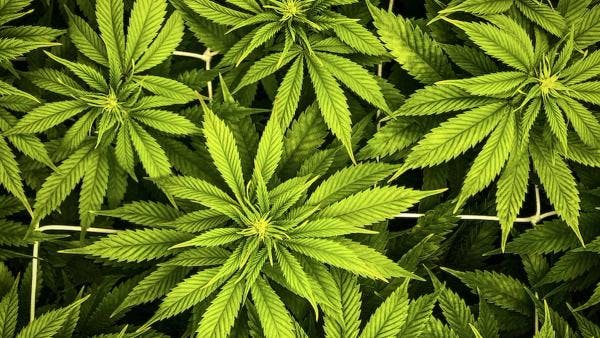Willful blindness: INCB can find nothing good to say on cannabis legalisation
A response to the annual report of the International Narcotics Control Board
In its report for 2022, the International Narcotics Control Board (INCB), the “independent, quasi-judicial expert body” that monitors the implementation of the UN drug control conventions, focuses on the legalisation of cannabis. Each year, in the first chapter of its annual report, the Board addresses a specific issue it deems important for drug policy discussions and the functioning of the international drug control system. This year, cannabis legalisation is the focus(external link), because as many have noticed, a decade after the first state legally regulated adult recreational cannabis “a growing number of States have adopted policies that permit the use of cannabis for non-medical and non-scientific purposes”.
Indeed, after Uruguay in 2013 and Canada in 2018, as well as to date 21 of the 50 states in the United States of America since 2012, other countries have announced or set in motion steps to legalise cannabis, such as Germany, Luxembourg and Malta in Europe, Mexico and Colombia in the Americas, South Africa, and Thailand in South-east Asia, while in the Netherlands and Switzerland science-guided experiments are under way to assess the effects of a legal regulation of cannabis. The expectation is that more countries will follow in the coming years. Draft legislation is already being discussed in the U.S. Congress, while opinion polls indicate that a majority of voters of both main U.S. political parties are in favour of legalisation. The legalisation of cannabis at the federal level in the U.S., for decades the main proponent of its prohibition for anything other than scientific or medical purposes, would constitute a sea change and a serious challenge to the international drug control regime.
Over the past decade, since Uruguay and the first states in the U.S., Colorado and Washington, legally regulated cannabis for adult recreational use, the standard cut-and-paste reaction by the INCB, repeated in every annual report, has been that this is not allowed under the 1961 UN Single Convention on Narcotic Drugs as amended by the 1972 Protocol, and that measures to permit the use of controlled substances such as cannabis for recreational purposes are inconsistent with article 4, paragraph (c) of the 1961 Single Convention, which requires States parties to take such necessary legislative and administrative measures, “to limit the use of narcotic drugs exclusively to medical and scientific purposes”.
So there was a mixture of expectation and concern when the news trickled out last year that the Board would finally address the issue in greater depth in its Report for 2022. Would the Board dig in its heels, continue to reject legalization as contrary to the obligations of the UN drug treaties, and set on a course that could eventually—or inevitably—lead to the invocation of the enforcement and sanctioning measures of Article 14 of the 1961 Single Convention(external link)? Although the Board does not have the power to enforce the provisions of the international drug control conventions on its own, invoking Article 14, might, after a lengthy and complicated consultation procedure, lead to a recommendation for “co-operative action at the international level” to remedy the situation. Ultimately, that could result in an import and export embargo on licit drugs for medical purposes from or to the country concerned. Although such measures are seen by many as a ‘nuclear option’ and considered excessive and highly unlikely, triggering an Article 14 procedure in itself might already act as a deterrent. Since a remedial consultation procedure initially takes place behind closed doors, nobody but the members of the Board and the government involved actually know if such procedures may have already been set in motion regarding cannabis legalisation.
Or would the INCB at last recognise that the trend toward legal regulation of adult recreational cannabis will not be reversed and initiate a process to assist State parties to the drug control treaties to find a solution, and a pathway to legally regulate cannabis in accordance with international law and the UN drug control treaties?
Regions
Related Profiles
- International Narcotics Control Board (INCB)
